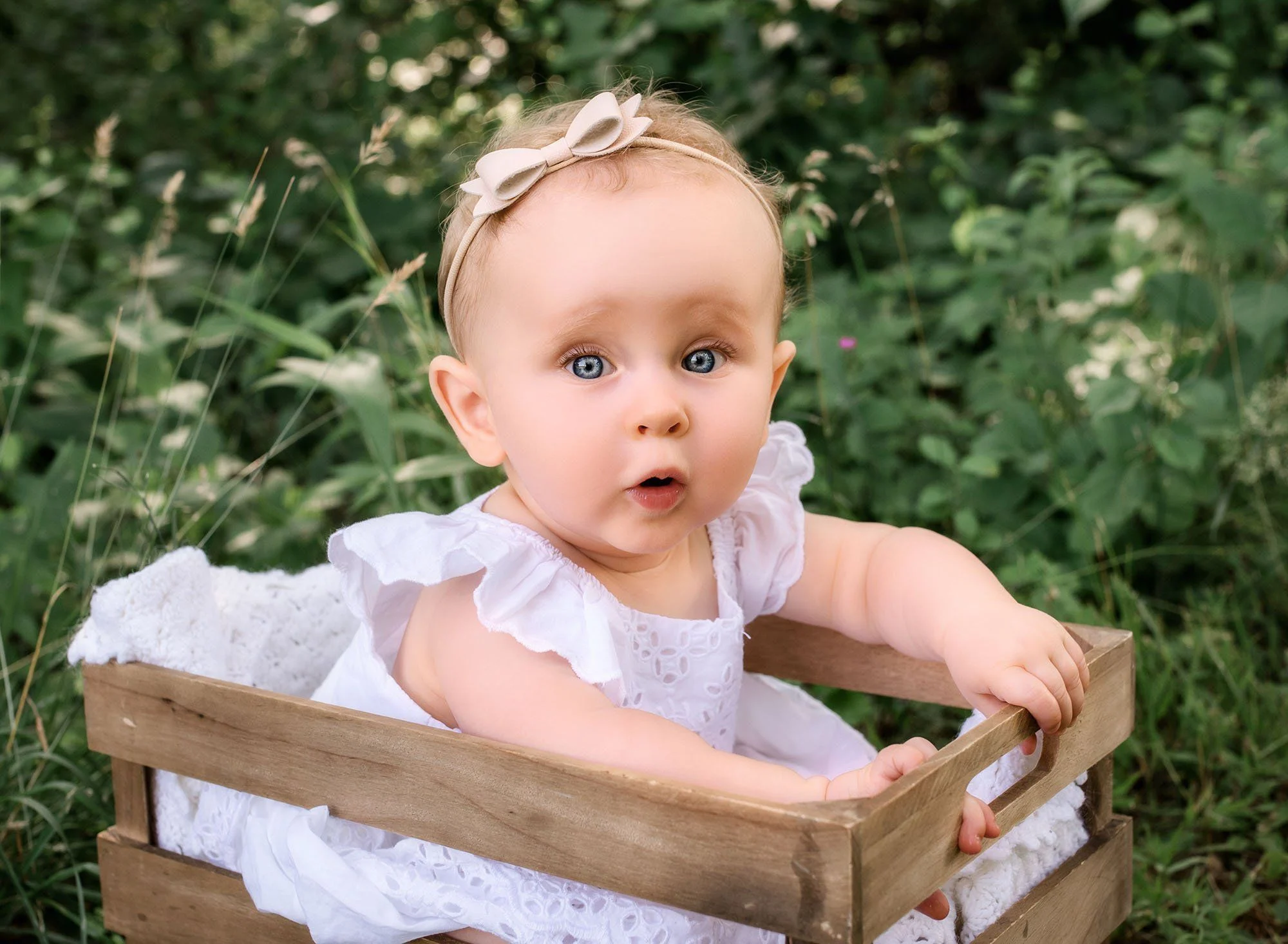“Let’s be the brains and you can be the beauty.” Those words struck me deeply when they came from some well-meaning male classmates during high school. We had teamed up for an English project, and I thought our collaboration was based on intellect. That comment made me reconsider everything.
Forget “pretty.”
I’m not talking about dismissing the notion of being attractive or disregarding how others perceive beauty. I mean I’m utterly fatigued by the societal expectations and definitions tied to being “pretty.”
This is for my sweet 3-year-old daughter, who adores trains and cars just as much as she loves dolls. She chooses pink cupcakes but insists blue is her favorite color. For three years, I’ve been pondering how to respond when she asks about the makeup I wear.
I could say it’s to enhance my looks. While that’s somewhat accurate, doesn’t that imply I see myself as inadequate without it? What kind of example does that set for you? I don’t want you to think you need makeup to be beautiful—because you inherently are.
But I hesitate to tell you that. You’re so much more than just pretty. You’re smart, brave, witty, silly, generous, and full of spirit—pretty is just a small part of who you are.
Forget “pretty.”
This is for my wonderful 14-year-old stepdaughter, who is petite and lovely yet despises every photo of herself and genuinely believes she is overweight. I long for the days before selfies when self-assessment was limited to mirrors—before filters and the relentless scrutiny of social media distorted our self-image. Being a teenager was challenging enough without these added pressures.
I wish you could understand that your worth isn’t dictated by your size (you’re not “fat”) and that even if you were, you would still be intelligent, kind, creative, and yes, beautiful. Pretty is not about having a perfect nose or slender thighs.
Forget “pretty.”
This is for my remarkable 17-year-old niece, who is making waves in the Canadian modeling industry. Scouted by a top agency at just 16, she’s diving into a world where beauty is paramount. I’m proud but also worried for her.
I fear she might develop an eating disorder to compete in an industry that often prioritizes appearance over everything else. I want her to remember she is so much more than her looks—smart, funny, generous, and yes, pretty, but not just because of her physical attributes.
Forget “pretty.”
I wish I could articulate why I still feel the need to wear makeup after all these years. I see women who go without makeup and think, “Wow! She looks fantastic, and she’s not even wearing anything.” Why do I assume people don’t feel the same about me? My husband often prefers my natural look, yet I wouldn’t attend a gathering without makeup. What am I so afraid of?
The concept of beauty is a tangled web. I struggle with wanting to appear attractive while feeling angered when that becomes the primary focus of how others see me. I fiercely guard my youngest daughter against the word and its implications.
In a culture increasingly saturated with narrow definitions of beauty, I worry our daughters are learning that heroines must have perfect hair, makeup, and a tiny waist—all while being rescued by a prince. That’s not the model we want for our girls. Real heroines are like Malala Yousafzai, who endured a violent attack for the right to an education and became the youngest Nobel Peace Prize laureate. Malala is courageous, articulate, intelligent…and pretty—not because of her appearance, but because of her incredible character.
Forget “pretty.”
If you want to explore more about the challenges of modern parenting and self-image, check out this insightful post on our blog. Also, if you’re considering at-home insemination, you can find quality kits at Make a Mom. For more information about fertility and pregnancy, Science Daily offers excellent resources.
In summary, let’s prioritize the deeper qualities that define us over superficial standards of beauty. Our daughters deserve to grow up knowing they are valued for who they are, not how they look.

Leave a Reply